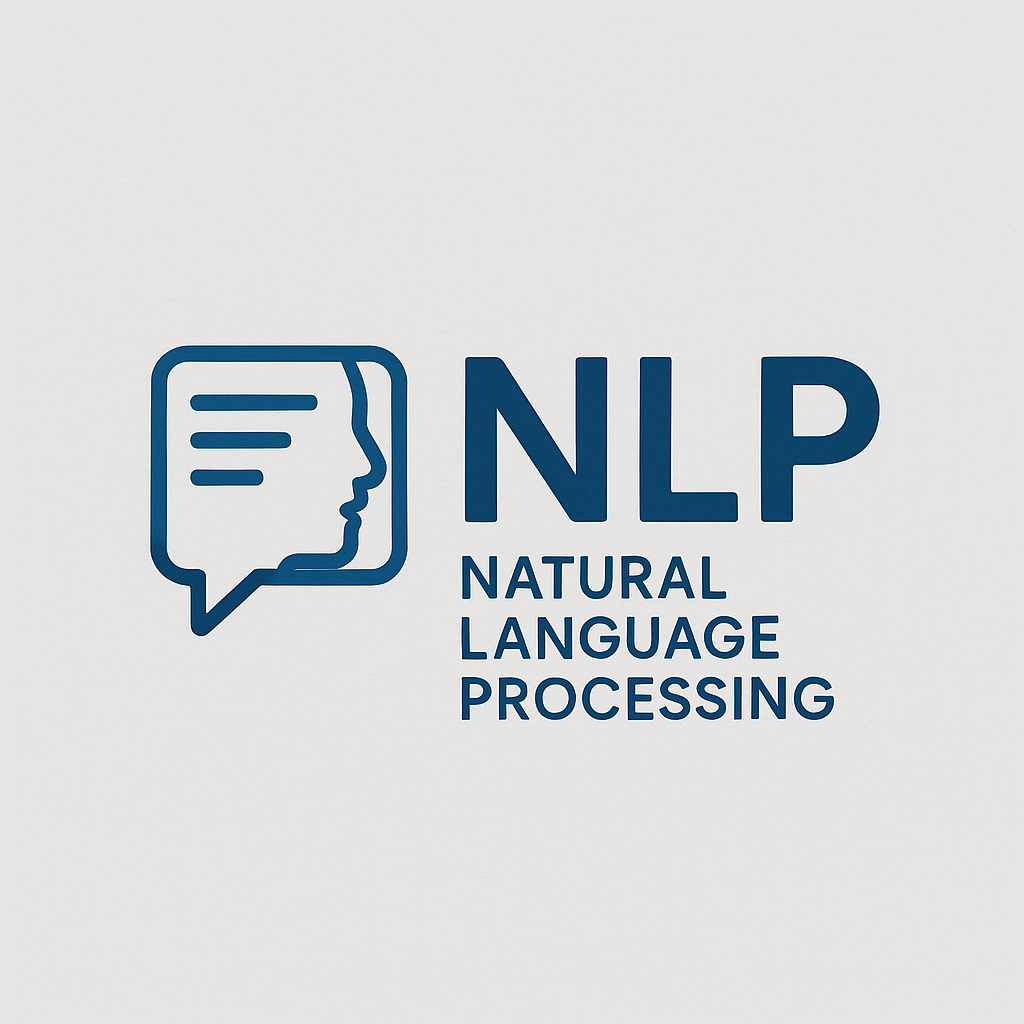
Chat Bot AI Tools
Text generation, chatbots, translation, and language processing AI tools.
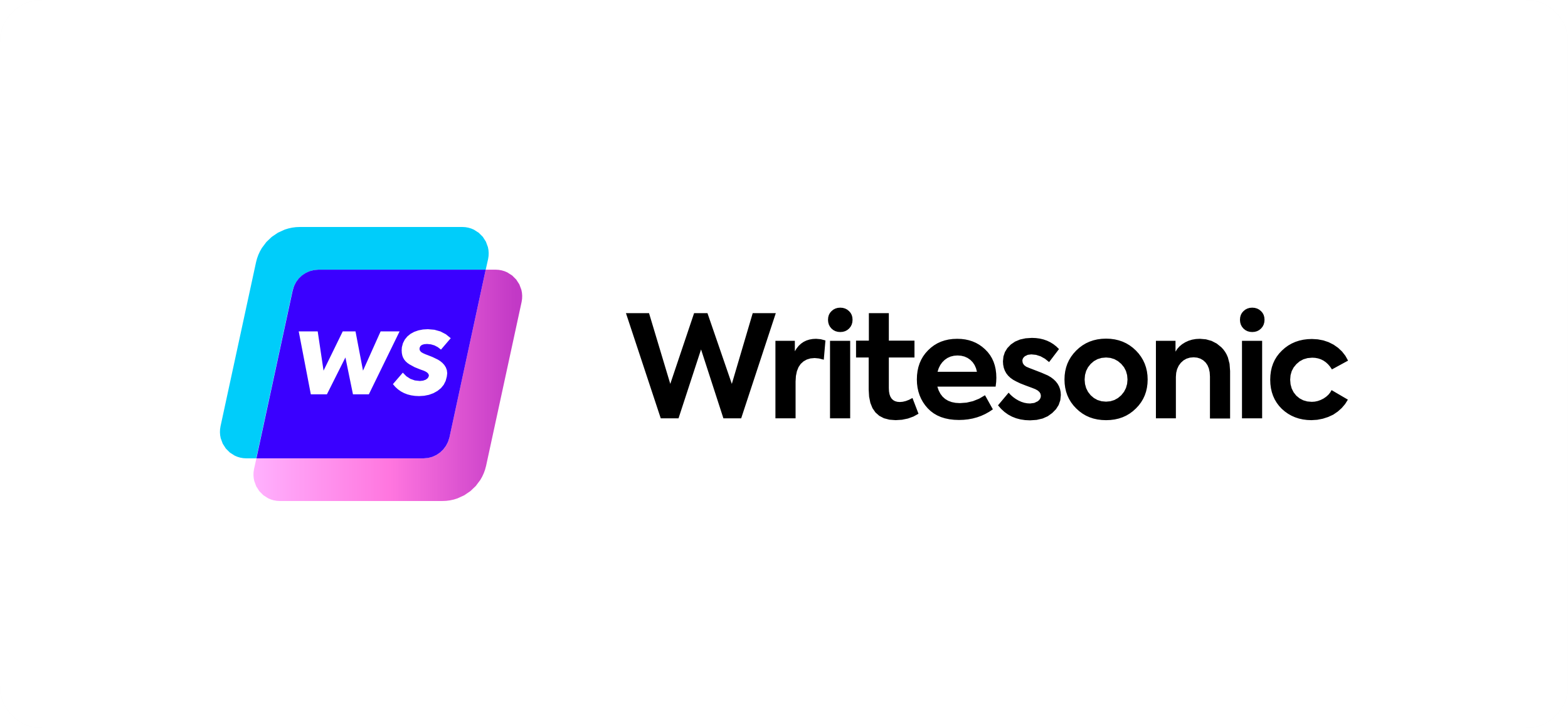
Writesonic
Writesonic is an AI-powered content creation and marketing platform designed to assist individuals and teams, particularly marketers, content writers, and small to medium-sized enterprises (SMEs) and digital agencies. It functions as an all-in-one SaaS solution, aiming to simplify and revolutionize content generation and communication. The platform is often described as "Canva for writing" due to its user-friendly interface and comprehensive capabilities. Writesonic leverages a range of advanced AI models, including but not limited to ChatGPT O3 mini, Claude, GPT-4o, GPT-3, and GPT-3.5, providing users with access to cutting-edge generative AI through a single interface. Its core focus is on generating factual, on-brand, and SEO-optimized content across various formats, such as articles, blog posts, marketing copy, and social media updates. Beyond basic text generation, Writesonic offers specialized AI agents for SEO, content creation, and Generative Engine Optimization (GEO). These agents integrate with popular SEO tools like Ahrefs, Semrush, and Search Console to automate workflows and optimize content for both traditional Google search and emerging AI search environments. The platform also includes Chatsonic, a conversational AI chatbot that supports real-time data, AI art generation, and voice commands, and can even assist in designing web pages and presentations.
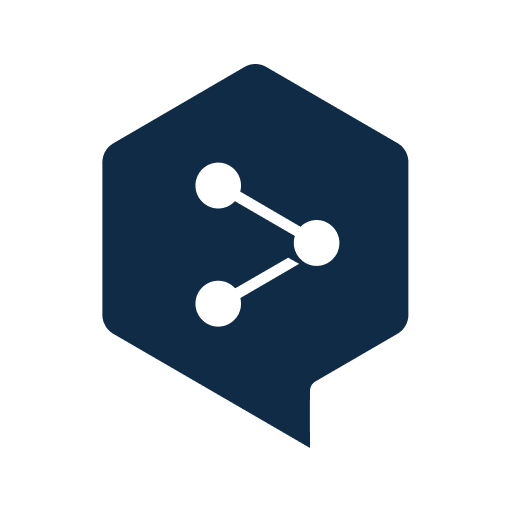
DeepL translate
DeepL Translate is a highly acclaimed neural machine translation service, officially launched in August 2017 by the Cologne-based company DeepL SE. It is built upon advanced artificial neural networks, meticulously trained on vast datasets of translated texts to deliver exceptionally accurate and contextually nuanced translations. The service is widely regarded as one of the world's leading machine translation providers, often cited for its superior quality compared to other major translation tools in blind tests. Initially supporting seven European languages, DeepL has steadily expanded its capabilities to include 33 languages, catering to a diverse global user base. Beyond simple text translation, it offers robust features such as full document file translation, and through its mobile applications, it can translate text from photos, voice input, and even speech. DeepL also provides an AI-powered writing companion, DeepL Write, which assists users with grammar corrections and style enhancements, ensuring clear and precise communication. DeepL is accessible across various platforms, including a web-based translator, dedicated desktop applications for Windows and macOS, and mobile apps for iOS and Android. For developers, DeepL offers a comprehensive API, enabling seamless integration of its sophisticated machine translation technology into third-party applications, products, and workflows. This versatility makes DeepL an invaluable tool for individuals, teams, and enterprises seeking high-quality, secure, and efficient multilingual communication solutions.
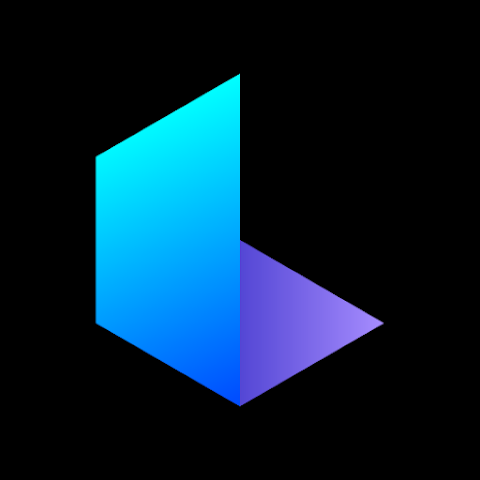
Luma AI – Genie
Luma AI's Genie is a groundbreaking 3D generative foundation model that specializes in transforming text prompts into detailed 3D models. It allows users to generate virtual objects from simple textual descriptions, bringing imagination to life in three dimensions. This AI tool is part of Luma AI's broader suite of powerful image and video AI models, designed to help users ideate, visualize, and create. Genie aims to enhance creative possibilities across various industries by simplifying the 3D content creation process for artists, designers, and developers. Initially launched as a research preview, Genie has evolved to enable the rapid creation of realistic 3D models, often within approximately 10 seconds. It represents a significant step in making advanced 3D modeling accessible to a wider audience, requiring no specialized capture equipment beyond a compatible smartphone.
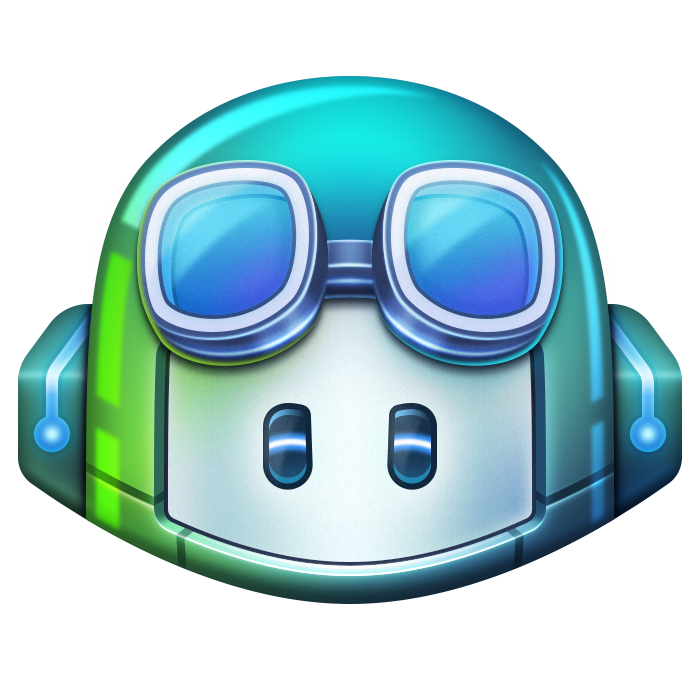
GitHub Copilot
GitHub Copilot is an advanced AI pair programmer and coding assistant developed collaboratively by GitHub, OpenAI, and Microsoft. Its primary function is to assist developers by providing real-time code completion, suggesting whole lines or entire functions directly within their integrated development environments (IDEs), such as Visual Studio Code. This tool aims to accelerate the coding process, reduce effort, and allow developers to concentrate more on complex problem-solving rather than repetitive coding tasks. Beyond basic code suggestions, GitHub Copilot offers a range of sophisticated features. It can reason through coding problems, coordinate next steps in development, apply changes, and iterate on errors. Through its chat interface, Copilot Chat, it can answer general software development questions, explain unfamiliar codebases, generate unit tests, and propose fixes for bugs. It also provides commit explanations to demystify code history. The intelligence behind GitHub Copilot is powered by a suite of generative AI models. Initially based on OpenAI's GPT-3, it has evolved to leverage various advanced models including OpenAI's gpt-3.5-turbo-16k (often the default for chat), GPT-4.1, GPT-4o, GPT-4.5, and o1. Additionally, it integrates models from Anthropic, such as Claude 3.7 Sonnet and Claude Opus 4, and Google's Gemini 2.0 Flash, allowing users to choose models based on desired balance between cost, performance, and specific task requirements. GitHub Copilot is available across multiple platforms, including desktop IDEs and as part of the GitHub Mobile application for both iOS and Android, enabling developers to interact with their AI assistant on the go. It operates on a freemium model, offering free access to verified students, teachers, and open-source maintainers, alongside various paid plans for individual developers and enterprises, such as Copilot Pro, Copilot Pro+, Copilot Business, and Copilot Enterprise.

Mistral
Mistral is a family of powerful large language models (LLMs) developed by the French AI startup Mistral AI. These models are designed for a wide range of generative AI tasks, excelling in areas such as high-complexity reasoning, knowledge acquisition, and coding capabilities. Mistral AI emphasizes efficiency and performance, with their models often outperforming larger competitors like Llama 2 on various benchmarks. The Mistral models cater to diverse needs, ranging from compact, efficient versions suitable for cost-effective deployments to top-tier models for state-of-the-art performance. They are capable of instruction following, conversational assistance, and can be integrated into various applications. The company also offers specialized models, including those for multimodal tasks like image processing. Accessibility is a key focus, with Mistral models available through their API services, allowing developers to customize, fine-tune, and deploy AI assistants and autonomous agents. Mistral AI has also launched a mobile AI assistant called "Le Chat," making their language models accessible on iOS and Android devices, offering features like multilingual conversation, image generation, and real-time web searches.

Llama
Llama is a family of large language models (LLMs) developed by Meta AI. First introduced in February 2023, these models are designed with an open-source philosophy, allowing developers to fine-tune, distill, and deploy them across various environments. This open approach fosters a broad ecosystem for AI innovation and application development. While initially focused on advanced text generation tasks, the Llama family has evolved significantly. Recent iterations, such as Llama 3.2 and the latest Llama 4, have expanded into multimodal capabilities. This means they can process and understand not only text but also integrate and analyze image and video data, making them versatile for a wide array of applications, including vision-related AI, edge computing, and conversational AI assistants. Llama models are made available under a license that supports broad commercial use, encouraging developers to build and redistribute additional work on top of the models. While the core models are generally free for use, API access for certain versions, particularly through cloud platforms like Google Cloud's Vertex AI, operates on a paid, per-token billing model. The availability of lightweight Llama models also facilitates their deployment on mobile devices, enhancing accessibility and enabling on-device AI functionalities.
Gemini
Gemini is Google's family of highly capable and general-purpose generative AI models, developed by Google's AI research labs, DeepMind and Google Research. It is designed to be inherently multimodal, meaning it can seamlessly understand, operate across, and combine different types of information, including text, images, audio, video, and code. The Gemini model family is optimized for various use cases and sizes, ranging from highly efficient models for on-device deployment (Nano) to the most powerful and complex models for advanced reasoning (Ultra). It offers advanced capabilities such as native tool use, in-depth research, technical accuracy, creative writing, and robust coding assistance. The models are continuously updated with improvements in generative AI capabilities and expanded access. Gemini is available to developers via the Gemini API, Google AI Studio, and Vertex AI, allowing integration into various applications and services. It also powers the Gemini mobile app, serving as an AI assistant on Android and iOS devices, offering features like real-time conversation, image creation, and live interaction with camera and screen sharing to enhance creativity and productivity.
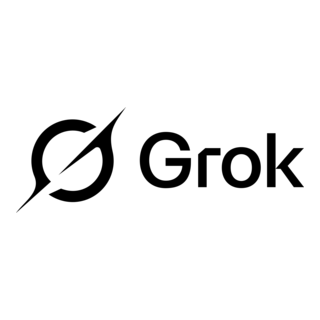
Grok AI xAI
Grok is a generative artificial intelligence chatbot developed by xAI, Elon Musk's AI firm. It is based on a large language model (LLM) of the same name and was initially launched in November 2023. Grok is designed to be maximally truthful, useful, and curious, distinguishing itself with a notable "sense of humor" and a unique personality in its responses. One of Grok's key differentiators is its direct access to real-time information from the X platform (formerly Twitter), allowing it to provide up-to-date answers and engage in current discussions. It excels in real-time research, open-ended discussions, and structured problem-solving, making it a versatile AI assistant. The model has seen significant advancements through its versions, particularly with Grok 3, which introduces enhanced reasoning capabilities, a much larger context window, and advanced features like DeepSearch and video processing. Grok is available as a standalone conversational AI chatbot on web browsers and dedicated mobile applications, and is also integrated within the X platform. Developers can access Grok's capabilities through a robust API.

Tabnine
Tabnine is an AI code assistant designed to significantly accelerate and simplify the software development process. It utilizes advanced deep learning algorithms to provide highly intelligent, context-aware code suggestions and automatic code completion directly within a developer's Integrated Development Environment (IDE). A core differentiator for Tabnine is its strong emphasis on privacy, security, and license compliance. It ensures that code remains private and protected, addressing a common concern with AI coding tools. This focus makes it a trusted solution for both individual developers and enterprise-level engineering teams looking to enhance productivity while maintaining control over their intellectual property. The assistant supports a wide array of programming languages and integrates seamlessly with many popular IDEs, including VS Code, IntelliJ, Android Studio, PhpStorm, Visual Studio, and AppCode. Beyond code completion, Tabnine also offers a code-centric AI chat feature, allowing developers to interact with the AI using natural language for coding assistance. It leverages a combination of proprietary AI models and provides users with choices for its chat functionality, including its own private models and options from third-party providers like OpenAI.
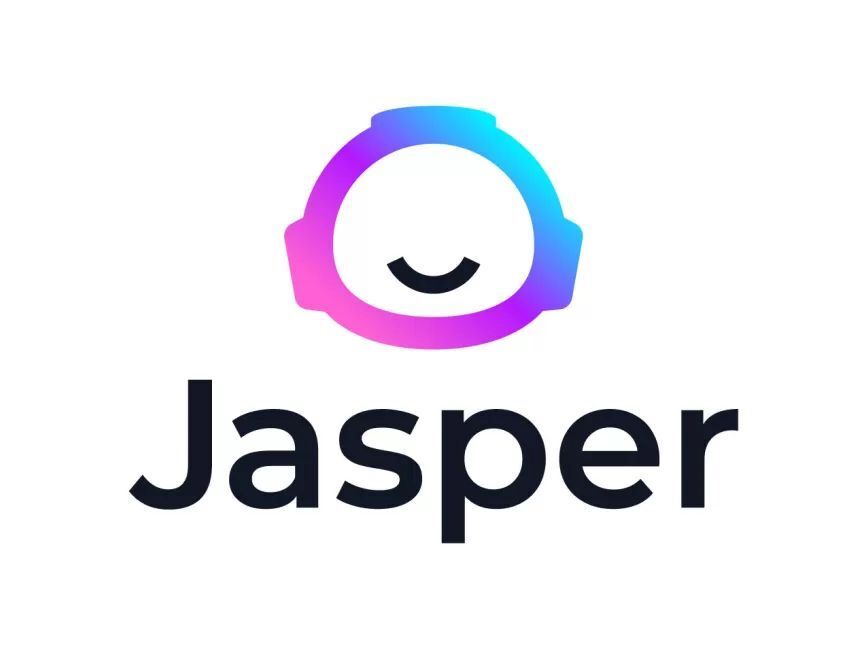
Jasper
Jasper is an AI platform primarily designed for marketers and businesses to streamline and scale their content creation efforts. It functions as a versatile AI writing assistant, capable of generating a wide array of marketing-specific content, including articles, blog posts, product descriptions, social media ads, landing page copy, sales emails, and website content. A key capability is its ability to learn and adapt to a brand's unique tone of voice, ensuring consistent and on-brand output. Beyond text generation, Jasper also offers an AI Image Suite for creating visual content and provides tools for content enhancement, SEO optimization (including Surfer SEO integration), content repurposing, and project management. The platform is built to help users automate processes and create AI-powered apps and workflows, aiming for tangible business outcomes. Jasper leverages advanced large language models from OpenAI, including GPT-3 and more recently GPT-4, as its underlying technology to produce high-quality and engaging content. While it doesn't currently offer a native downloadable mobile application, its web-app can be bookmarked for access on iOS and Android devices, ensuring accessibility across various platforms.
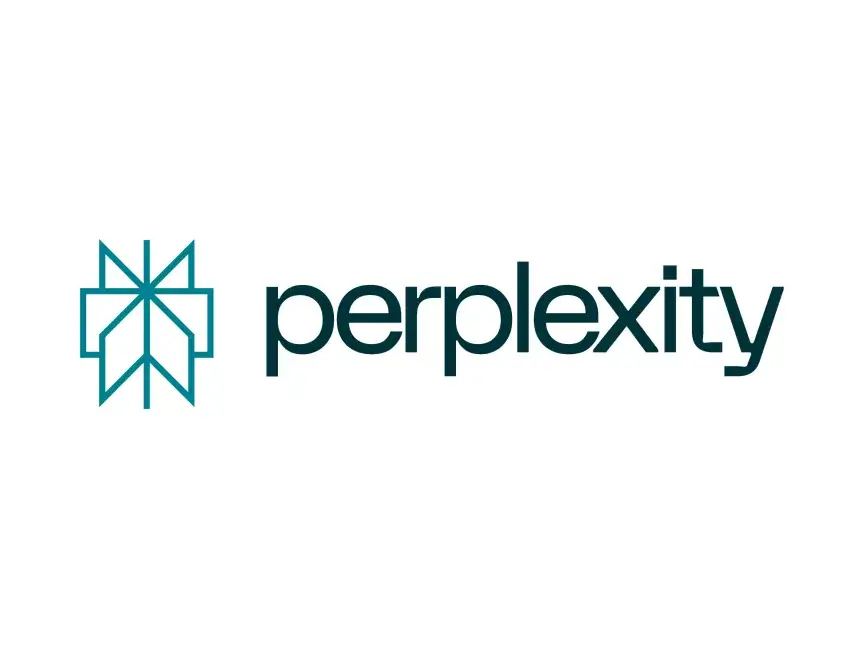
Perplexity
Perplexity AI is an American web search engine that leverages large language models (LLMs) to process user queries and synthesize responses. Unlike traditional search engines, Perplexity aims to provide direct, accurate, and real-time answers, often citing its sources directly. It functions as an AI-powered answer engine, designed to cut through clutter and deliver credible, up-to-date information. The platform is versatile, serving as a tool for answering questions, learning new skills or concepts, and conducting in-depth research. It offers various underlying models, including a lightweight, cost-effective search model for quick, grounded answers, and an offline chat model that provides local AI capabilities without requiring internet search. Perplexity also integrates advanced third-party AI models like OpenAI's GPT-4 Omni and Anthropic's Claude 3.5 Sonnet & Haiku for its premium users. Perplexity is accessible across multiple platforms, including a web application, and dedicated mobile apps for Android and iOS. It also offers a developer API, notably including its proprietary 'Sonar' models, allowing external applications to integrate Perplexity's AI search capabilities. The service operates on a freemium model, offering a free plan with core features and a 'Pro' subscription for enhanced capabilities.

ChatGPT
ChatGPT is a conversational AI model developed by OpenAI, based on the Generative Pre-trained Transformer (GPT) architecture. It's capable of understanding and generating human-like text, widely used in chatbots, writing assistants, customer service, education, and coding help.

Pi AI
Pi AI, often referred to simply as Pi, is a conversational AI chatbot developed by Inflection AI. It is designed to be a personal AI companion, offering supportive, smart, and helpful interactions. Pi aims to provide a unique user experience by focusing on high emotional intelligence and developing strong conversational skills, making it feel more human-like than other chatbots. Users can engage with Pi for a variety of purposes, including seeking advice, getting answers to questions, or simply having a conversation. It is built to be endlessly patient and willing to discuss whatever is on the user's mind, serving as a virtual companion in diverse situations, from venting to exploring news or playing games. Inflection AI's core mission with Pi was to make personal AI instantly accessible to everyone globally. The model emphasizes personalized and encrypted conversations, continuously expanding its knowledge base to enhance user interactions. Its cross-platform availability ensures users can access it conveniently across different devices.

Scalenut
Scalenut is an AI-powered SEO and content marketing platform designed to help businesses and content creators enhance their online presence. It leverages artificial intelligence to automate various aspects of the content creation process, aiming to significantly reduce the time spent on content production while boosting search engine rankings and driving organic traffic. The platform offers a comprehensive suite of AI tools tailored for SEO and content optimization. Key functionalities include AI-driven keyword research, which helps identify relevant and high-ranking terms, and the ability to generate detailed content briefs. Scalenut also incorporates Natural Language Processing (NLP) optimization to ensure content is well-structured and aligned with search engine requirements. Users can utilize Scalenut's AI copywriting assistant for both long-form articles and short-form content, facilitating the creation of engaging and original material. Additionally, it provides features like an AI Link Manager and various AI templates to streamline workflows. The platform is designed to help users create plagiarism-free content and build a strong SEO foundation for their websites, ultimately leading to improved visibility and performance in search results. Beyond automated tools, Scalenut also offers expert-led services, providing strategic guidance and execution support for content and SEO initiatives. This blend of AI technology and human expertise aims to offer a complete solution for scaling organic growth.

YouChat
YouChat is an AI model developed by You.com, functioning as an AI-powered search assistant and chatbot. It integrates the efficiency of a traditional search engine with the interactive capabilities of a conversational AI. Users can ask complete questions and receive quick, accurate, and up-to-date responses directly within search results. A key feature is its ability to cite sources for its information, enhancing trustworthiness and reliability. YouChat is an integral part of the broader You.com platform, which aims to enhance workplace productivity through AI. While You.com itself provides access to a variety of AI models, YouChat serves as its primary conversational interface. It is designed for natural conversation and offers customized recommendations, acting as a personal AI search agent. The model operates on a freemium basis, providing a free plan with limited access, alongside paid subscription options for expanded features and access to more AI agents. YouChat is accessible via the You.com website and dedicated mobile applications for both iOS and Android devices, allowing users to create and chat with various AI companions.

Microsoft Copilot
Microsoft Copilot is an advanced AI-powered virtual assistant developed by Microsoft, designed to be an everyday AI companion for individuals and organizations. It leverages the power of the latest OpenAI models, including the GPT-4 series of large language models, to provide a wide range of capabilities. Copilot integrates seamlessly across various Microsoft platforms, including Windows, macOS, and mobile devices (iOS and Android), as well as within Microsoft 365 applications like Word, Excel, PowerPoint, Outlook, and OneNote. Its core functionality revolves around enhancing productivity and creativity by assisting with tasks such as deep research, content generation (text and images), summarizing documents, creating presentations, analyzing data, and managing emails. The model is designed to offer a versatile AI experience, from straightforward answers and advice to more complex generative tasks. It aims to streamline workflows, save time, and empower users to learn, grow, and communicate with confidence, making advanced AI assistance accessible wherever users work or create.
Browse Other Categories
 Image & Design8 tools
Image & Design8 tools Video & Animation7 tools
Video & Animation7 tools Audio & Voice8 tools
Audio & Voice8 tools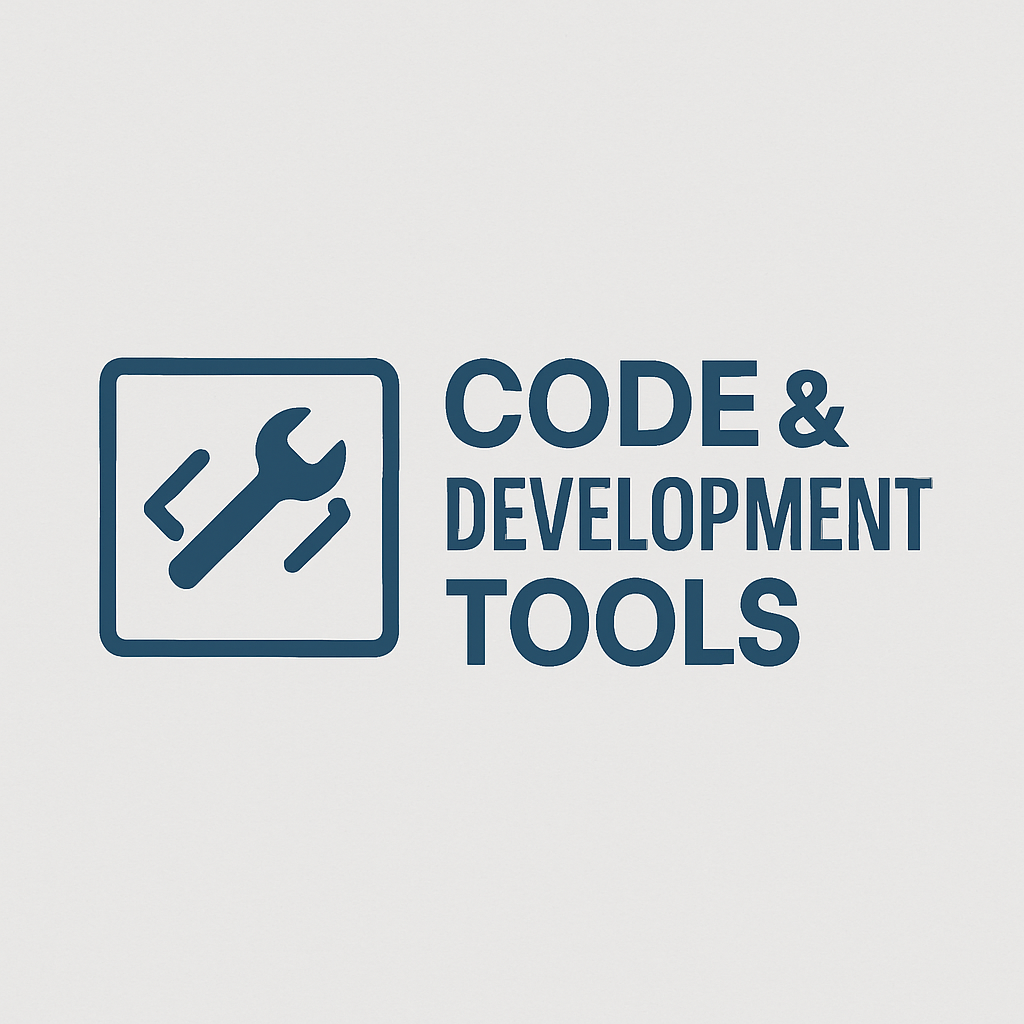 Code & Development5 tools
Code & Development5 tools Marketing & SEO5 tools
Marketing & SEO5 tools Productivity & Writing2 tools
Productivity & Writing2 tools Education & Learning1 tools
Education & Learning1 tools E-Commerce & Business0 tools
E-Commerce & Business0 tools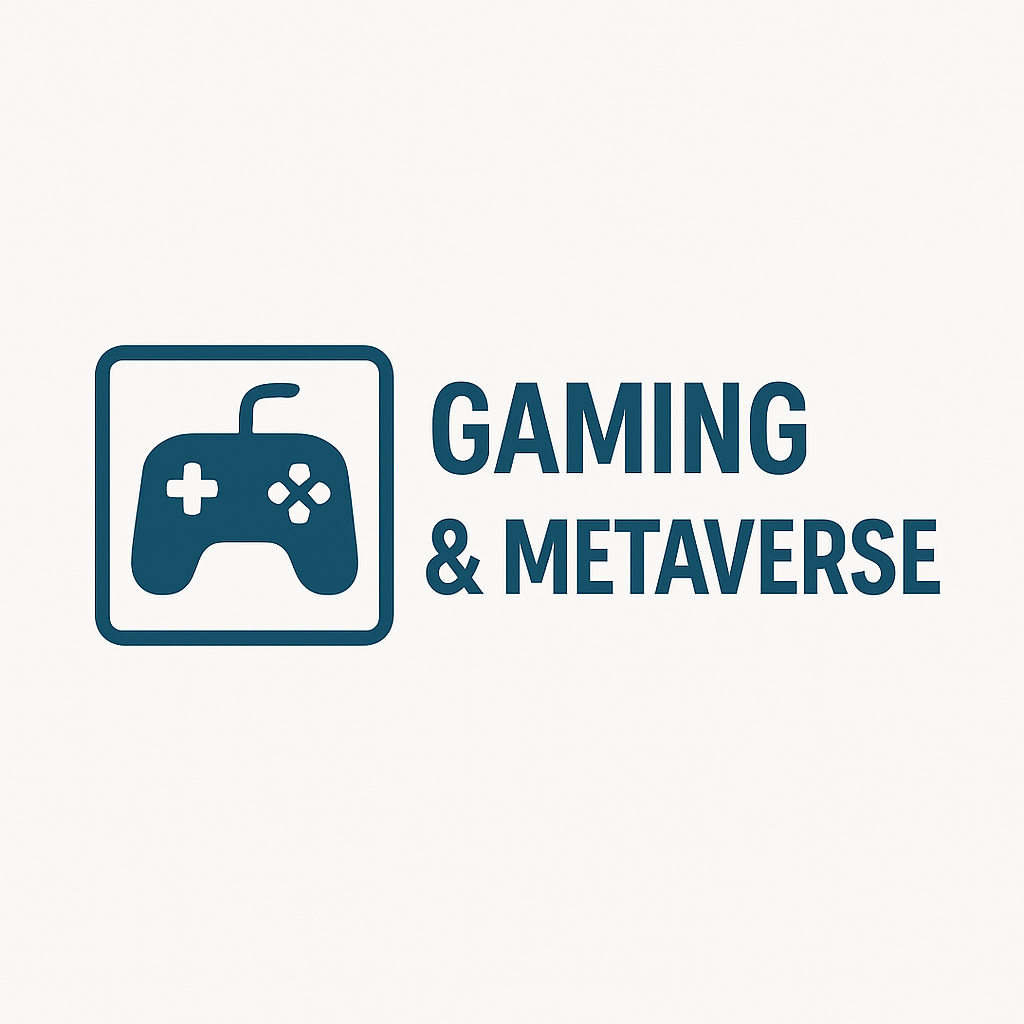 Gaming & Metaverse0 tools
Gaming & Metaverse0 tools Health, Fitness & Wellness0 tools
Health, Fitness & Wellness0 tools Data & Analytics0 tools
Data & Analytics0 tools Developer & API Tools0 tools
Developer & API Tools0 tools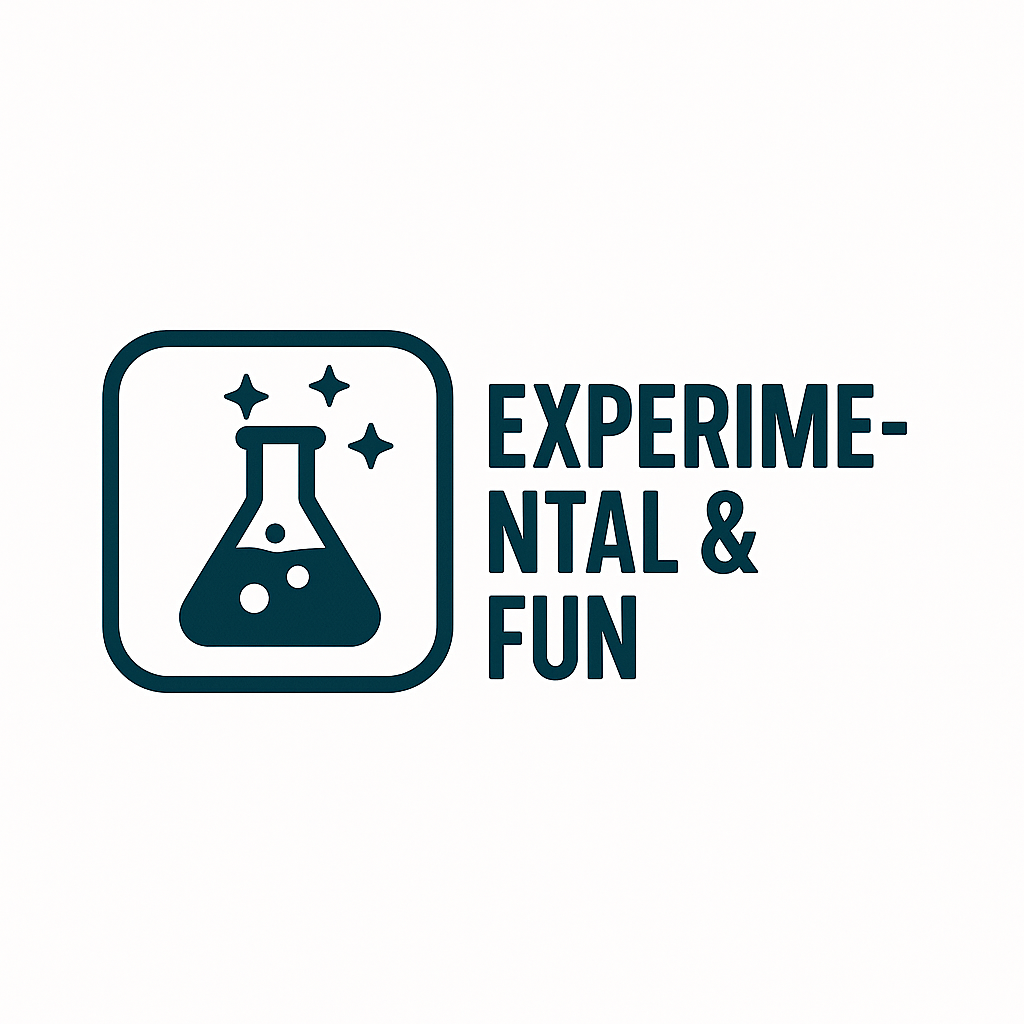 Experimental & Fun0 tools
Experimental & Fun0 tools Security & Legal0 tools
Security & Legal0 tools